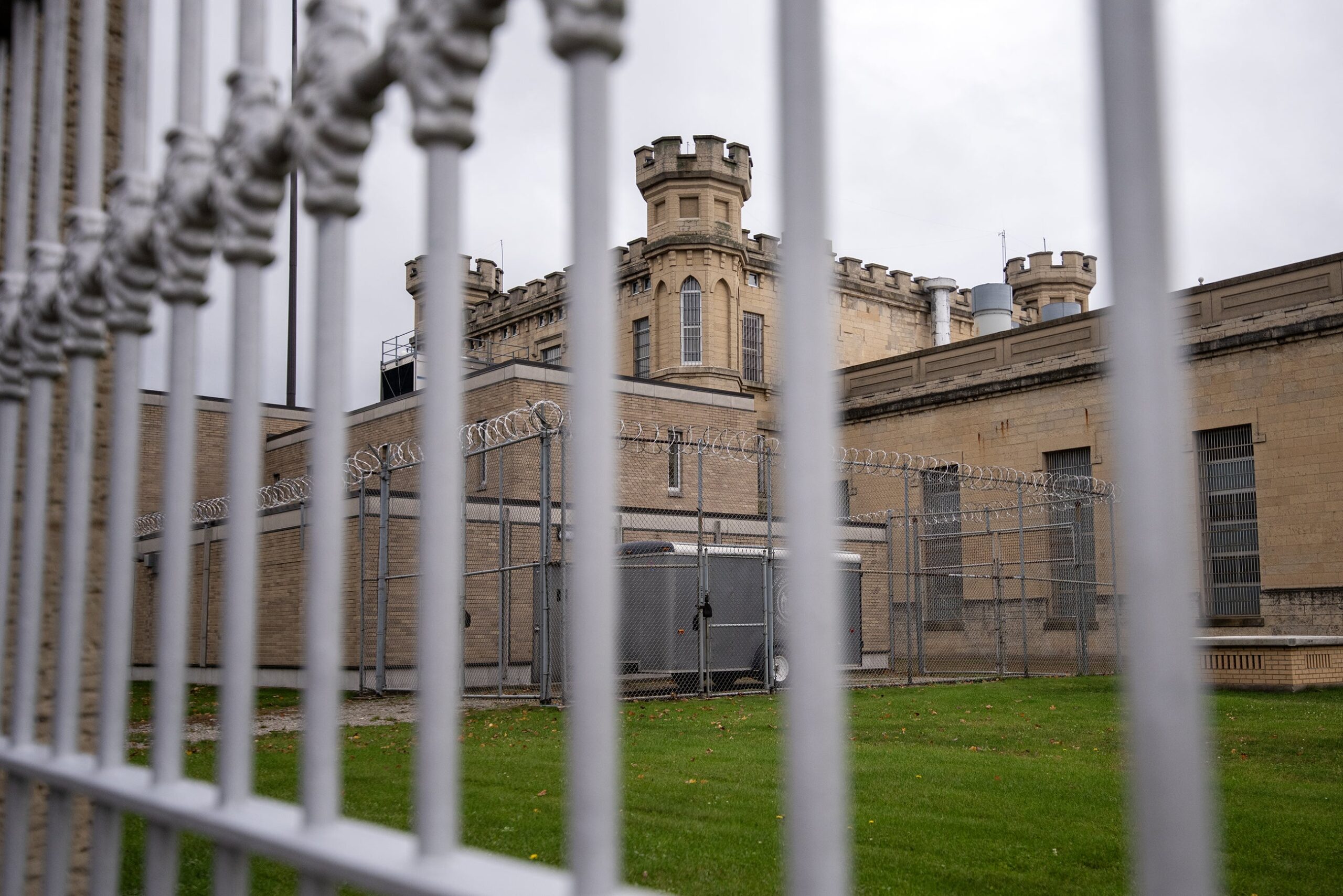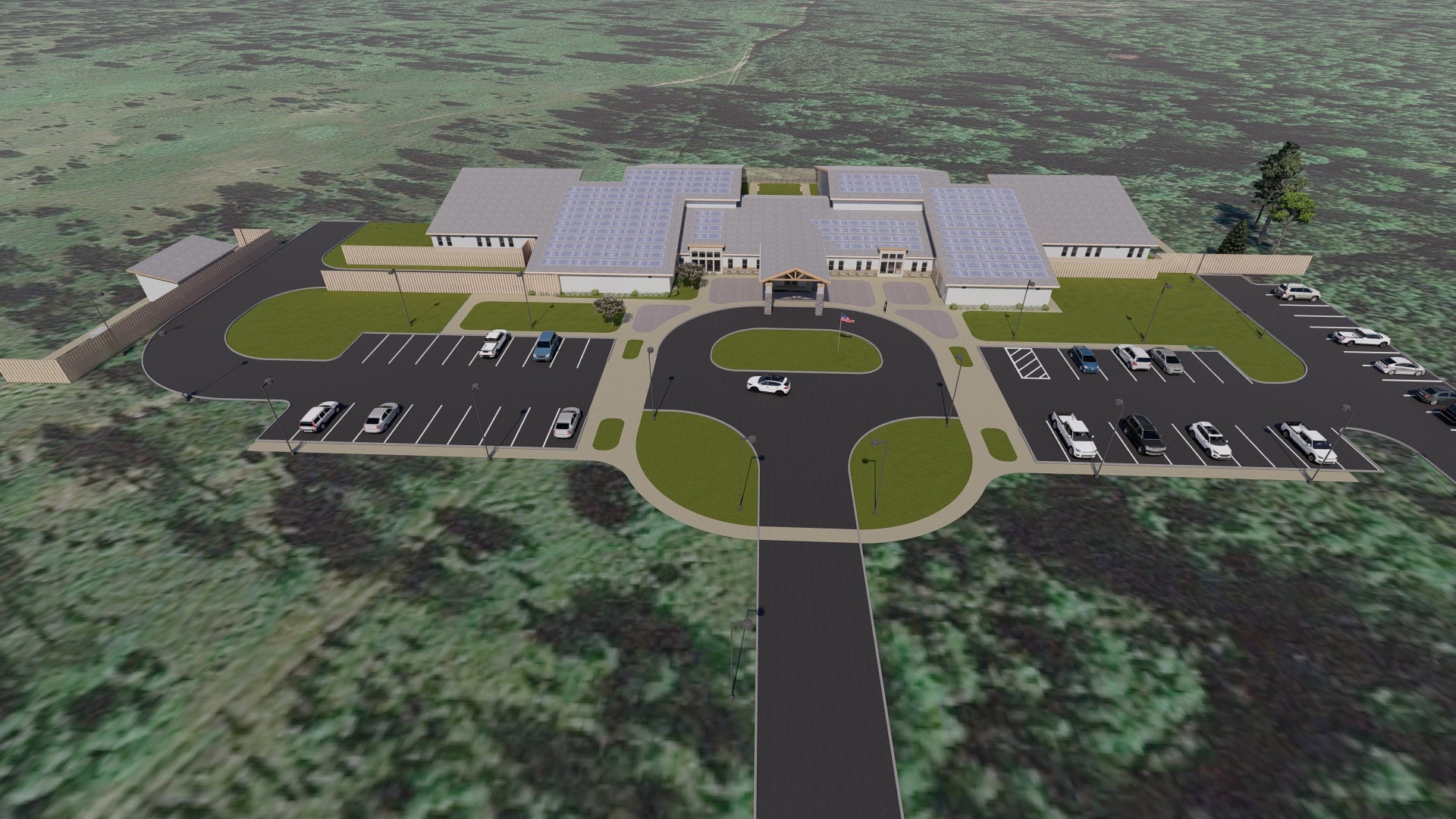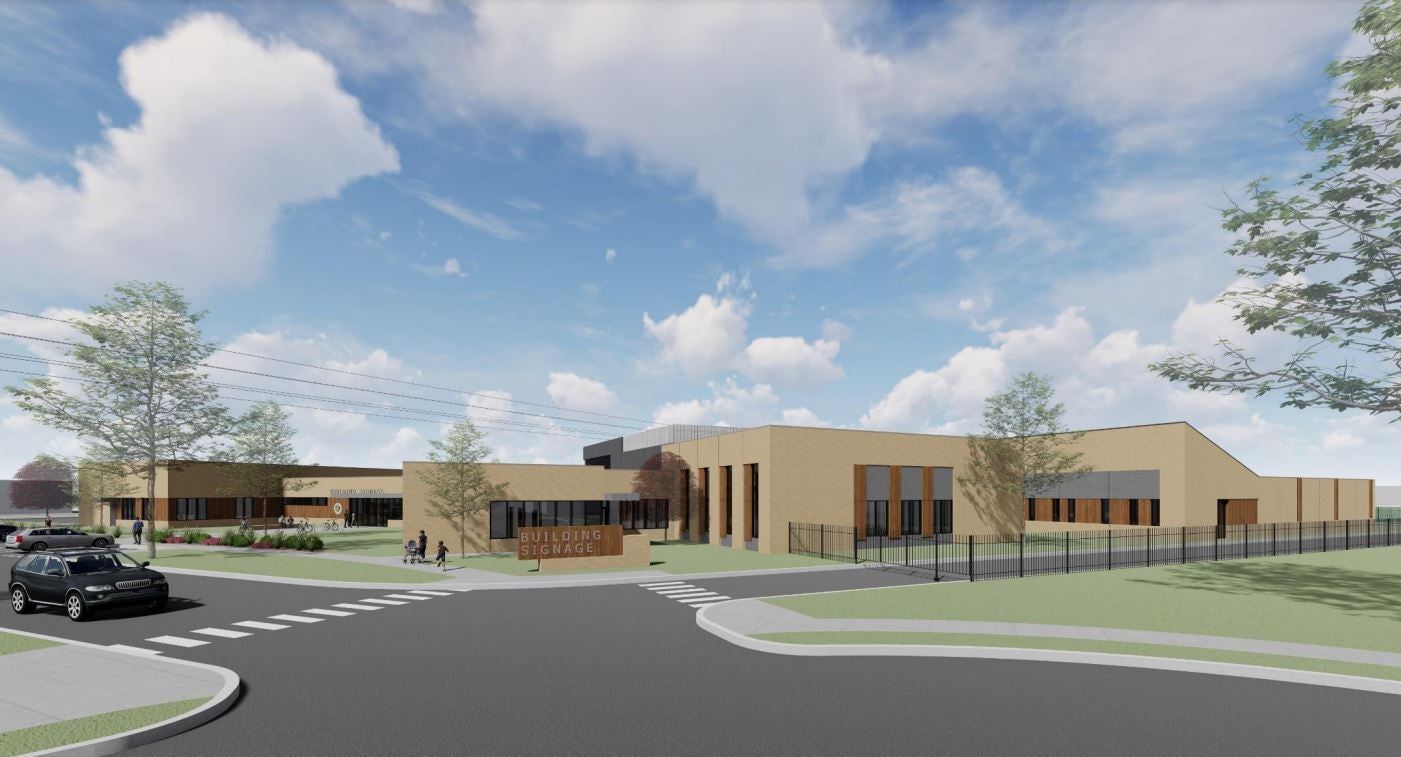Wisconsin juvenile advocacy groups are asking a federal court to order the state to stop using solitary confinement at its youth correctional facilities.
The ACLU of Wisconsin and the Juvenile Law Center filed the request Wednesday as part of a pending lawsuit alleging poor treatment of juveniles at the Lincoln Hills and Copper Lake facilities.
The Wisconsin Department of Corrections said it can’t comment on pending litigation.
Stay informed on the latest news
Sign up for WPR’s email newsletter.
The advocacy groups say as many as 20 percent of the juveniles at Lincoln Hills and Copper Lake are in solitary confinement at any given time. The facilities house between 150 to 200 youth.
The groups’ lawsuit also alleges youth are pepper-sprayed and shackled to tables and Wednesday’s filing requests a stop to those practices as well.
There were 198 incidents of pepper spray use reported through the first 10 months of 2016 compared to 45 during all of 2015.
Jim Moeser, deputy director at the Wisconsin Council of Children and Families, said there may be instances in which isolation is needed.
“Occasionally needing to separate a youth for safety reasons makes sense,” Moeser said. “A youth who poses some immediate risk to other youth or to staff may need some separation for a period of time until that can be solved. Otherwise there really has to be sort of a more comprehensive behavior management system.”
Moeser said an increase in prison staff could help eliminate those practices.
Larry Dupuis, the ACLU’s legal director, said Wisconsin’s solitary confinement practices are outdated.
“The trend is away from using it and not only because of the harm it causes but also because it’s not helpful in terms of protecting prisoners and guards it actually makes places less safe,” Dupuis said.
Dupuis said any isolation should last a few hours at most, not days. He said solitary confinement leads to more mental health and behavioral problems.
Wisconsin Public Radio, © Copyright 2024, Board of Regents of the University of Wisconsin System and Wisconsin Educational Communications Board.





